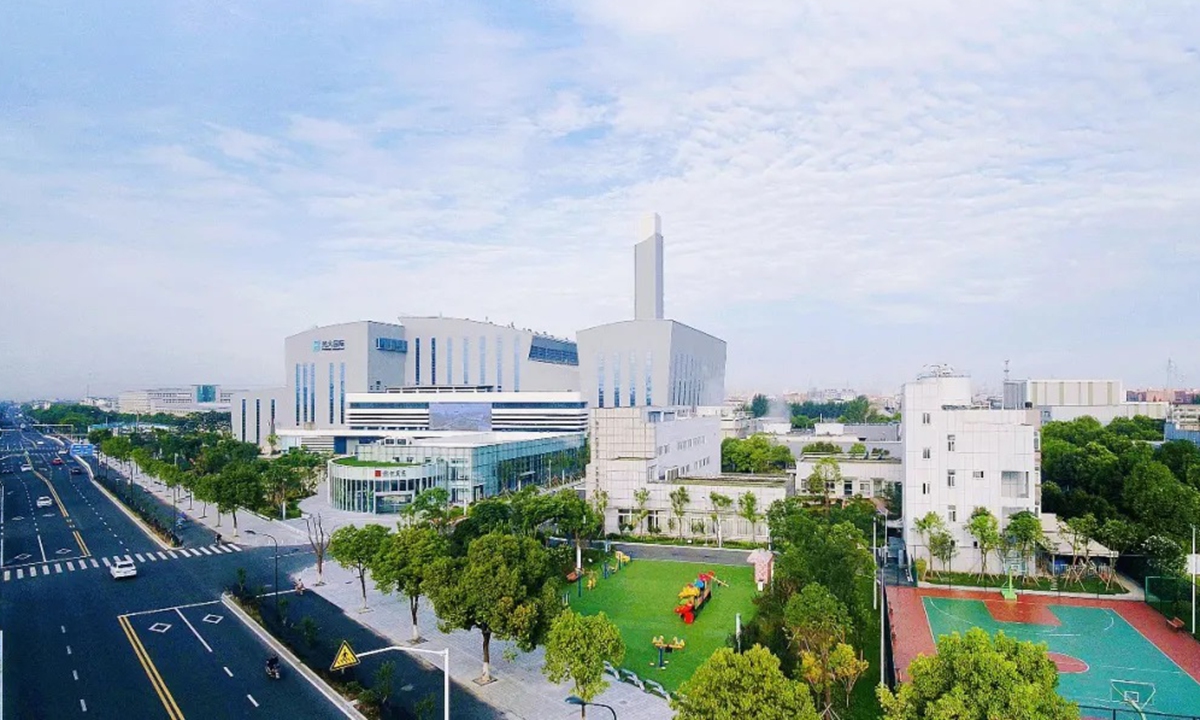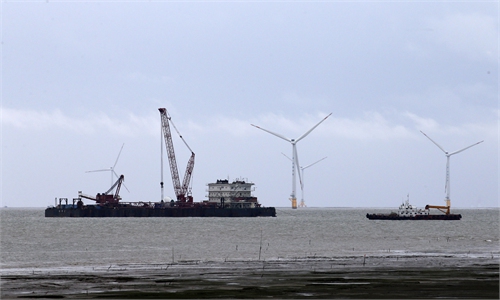China's largest environmental enterprise explores ways of building ‘waste-free cities’

Photo: Everbright Environment website
The largest environmental enterprise in China has vowed to construct a unique mode of waste treatment, a step forward for China's "waste-free cities."
"The enterprise will form a development pattern that promotes the construction of 'waste-free cities,' creating a unique model of waste reduction from the beginning, including garbage classification, recycling, and harmless treatment in the end," said Fu Wanjun, deputy manager of Everbright Environment, at the company's renaming conference on Thursday.
The company is exploring new technologies and business patterns to reduce waste, make waste harmless and recycle waste.
Everbright plans to improve waste treatment, by dividing the process into five stages including waste classification, waste transfer, sorting, recycling, and terminal treatment. Pretreated food waste will be transferred to a power plant that generates power through incineration.
"At present, the final disposal methods of waste in China are mainly incineration for power generation and landfill. Waste incineration for power generation is encouraged as landfills occupy land and present pollution risks," said Zhao Penggao, deputy director of Department of Resource Conservation and Environmental Protection, National Development and Reform Commission.
As the world's largest investment and operation enterprise of incineration for power generation, Everbright Environment has signed 154 waste incineration projects to generate power, with a daily waste disposal capacity of more than 130,000 tons as of the end of June.
At the conference, Du Xiangwan and Chen Yong, members of Chinese Academy of Engineering, were hired as technology consultants of Everbright Environment. Du is also acknowledged as one of the main initiators of China's construction of waste-free cities.
In May 2019, China launched a two-year pilot project promoting a "waste-free city" model in 16 cities and regions across the country, including the Xiong'an New Area, Shenzhen and Sanya, according to the Xinhua News Agency.


